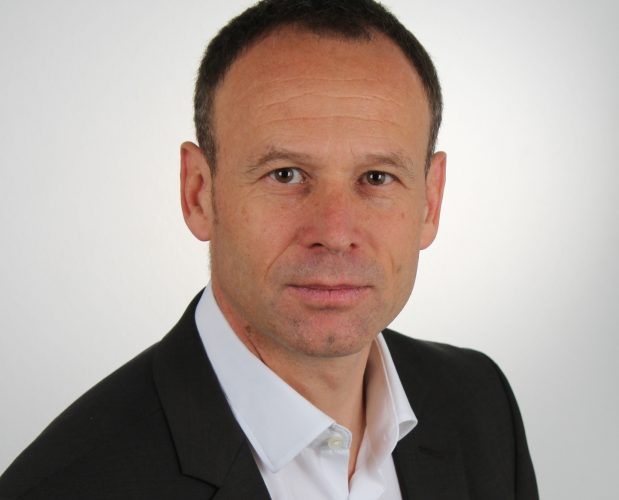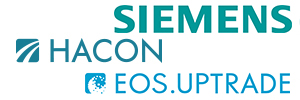MaaS business models – lessons learned
15 September 2021
Shares
- Like
- Digg
- Del
- Tumblr
- VKontakte
- Buffer
- Love This
- Odnoklassniki
- Meneame
- Blogger
- Amazon
- Yahoo Mail
- Gmail
- AOL
- Newsvine
- HackerNews
- Evernote
- MySpace
- Mail.ru
- Viadeo
- Line
- Comments
- Yummly
- SMS
- Viber
- Telegram
- Subscribe
- Skype
- Facebook Messenger
- Kakao
- LiveJournal
- Yammer
- Edgar
- Fintel
- Mix
- Instapaper
- Copy Link
This on-demand webinar explored what lessons have been learnt from the progress of MaaS so far and where the concept goes from here.
MaaS has made it beyond the hype and continues to gain popularity. More and more MaaS initiatives are popping up, the technology behind it is mature and a lot of light has been shed on what makes a MaaS app attractive to customers.
But one question becomes increasingly pressing: How do we establish models of cooperation that equally serve the commercial interests of all stakeholders? MaaS is based on integration and cooperation; a platform will only endure if all participants have viable incentives to contribute to the joint project. The platform’s business model has to accommodate the partners’ business models, which may be very heterogeneous. An agreement also needs to be reached on the assignment of roles and responsibilities. How can this be achieved and where do challenges arise?
In this on-demand webinar, Geert Vanbeveren (Siemens Mobility) and Ulrich Lange (eos.uptrade) outline the various models and explained their implications, with special attention given to data management. The speakers also shared their experiences and insights from various international large-scale MaaS projects with the audience.
A particular aspect that was addressed in the webinar was “MaaS meets Corporate Travel“. MaaS models, which are primarily developed for large companies and their employees, adhere to their very own business logic, which was explained during the presentation.
Key Learning Points:
- Different (business) models for implementing MaaS platforms were explored, as well as what to consider in the process
- The experts discussed how to ensure that a MaaS platform is (commercially) attractive to all players with their different business models
- International live cases of how the different approaches to MaaS play out in the real world
Speakers
Geert Vanbeveren – Sales Director – Siemens Mobility


Geert Vanbeveren is Sales Director for Intermodal Solutions at Siemens Mobility and has been active in the mobility domain for more than a decade. Initially concentrating on Automatic Fare Collection, his current focus lies on MaaS, DRT and Mobility Data Analytics.
In the past 30 years Geert held various leadership positions at Siemens in Germany, Belgium and the UK. After graduating as an Electro-Mechanical Engineer, he started his career in Brussels.
He gained significant experiences through successful positions in sales, project-, product- and general management covering the telecom business, Siemens corporate, Energy and Mobility.
He was involved in many projects in Asia, Middle East, Europe and Africa.
Ulrich Lange – Head of Sales Management & Presales Consulting – eos.uptrade


Dr. Ulrich Lange is Head of Sales Management and Presales Consulting and has been with ticketing specialist eos.uptrade since 2012. Previously he worked as a consultant at civity and MRK Management Consultants. He completed his academic career in 2005 with a doctoral thesis on “Complex measures to influence modal choice of urban commuters” at the Technical University of Munich.
FAQs
Is the webinar free?
Yes – there is no charge to watch the webinar, either live or on-demand.
When will the webinar take place?
The webinar will be taking place on 15 September 2021 at 13:00 BST
Can I watch the webinar later?
The webinar will become available to watch on-demand shortly after the live broadcast takes place.
What are the benefits of attending live?
During the live webinar, you’ll be able to pose questions to the speakers, which will then be answered during the live Q&A session at the end of the webinar.
How long will the webinar be?
The live webinar will last for up to one hour.
Who will be moderating?
Josh Minchin, Junior Editor, Intelligent Transport
What do I need to watch this webinar?
All you need is a computer with an internet connection. It is advised to use headphones wear possible for your own comfort.




